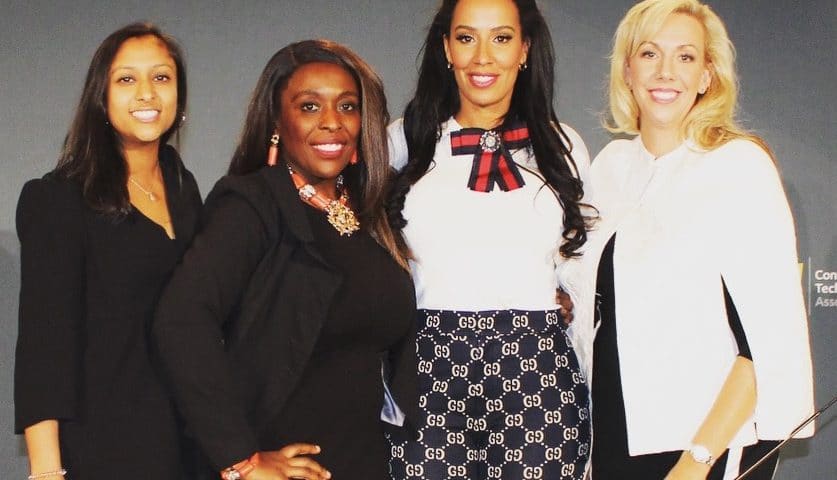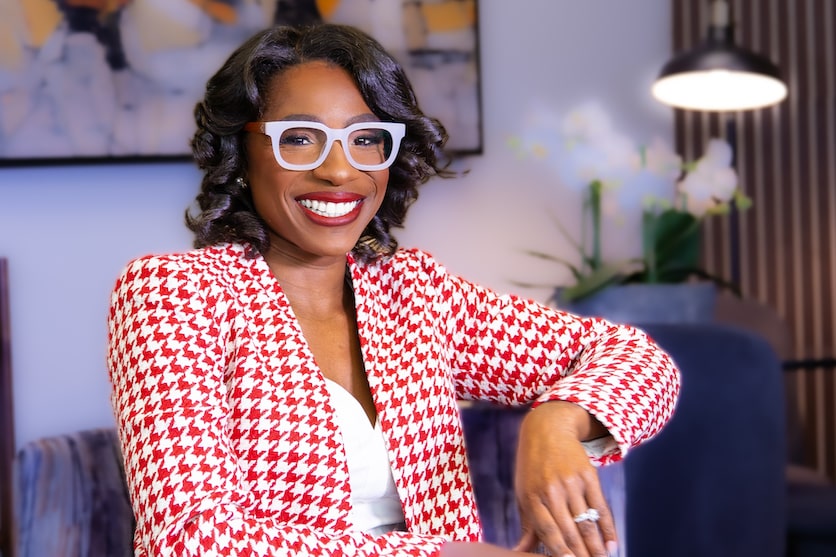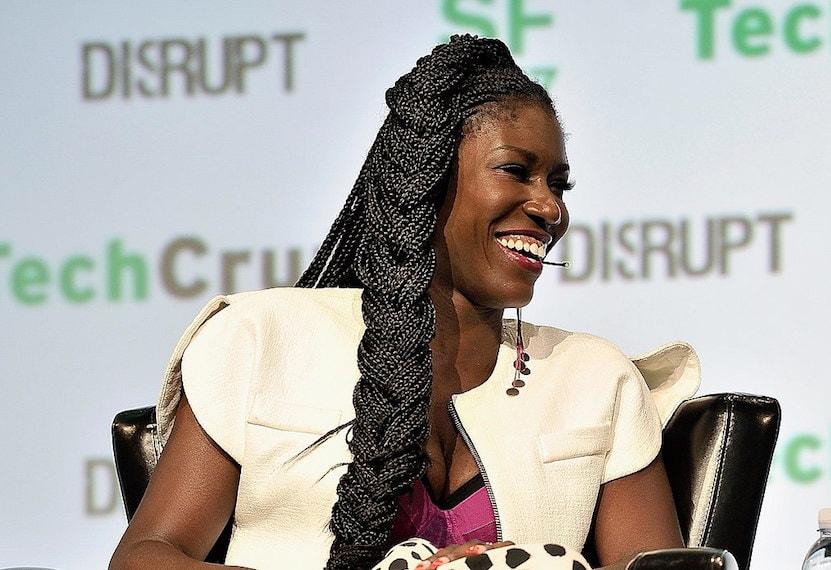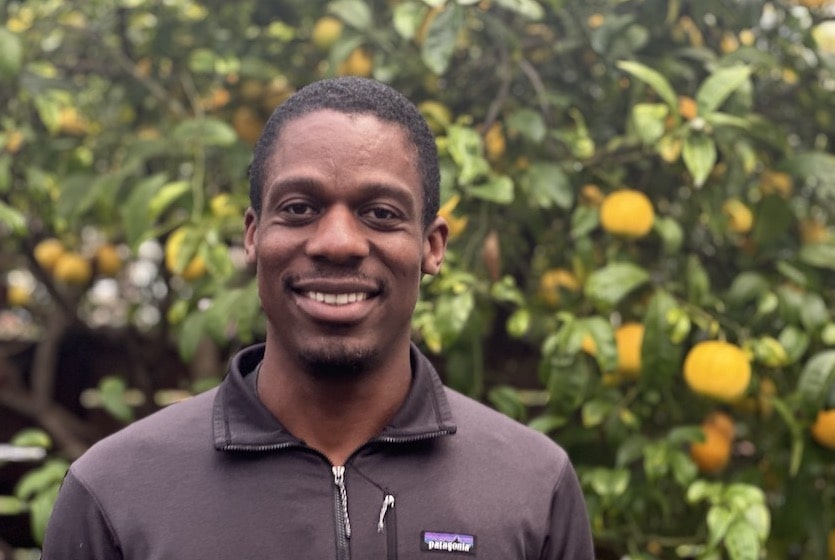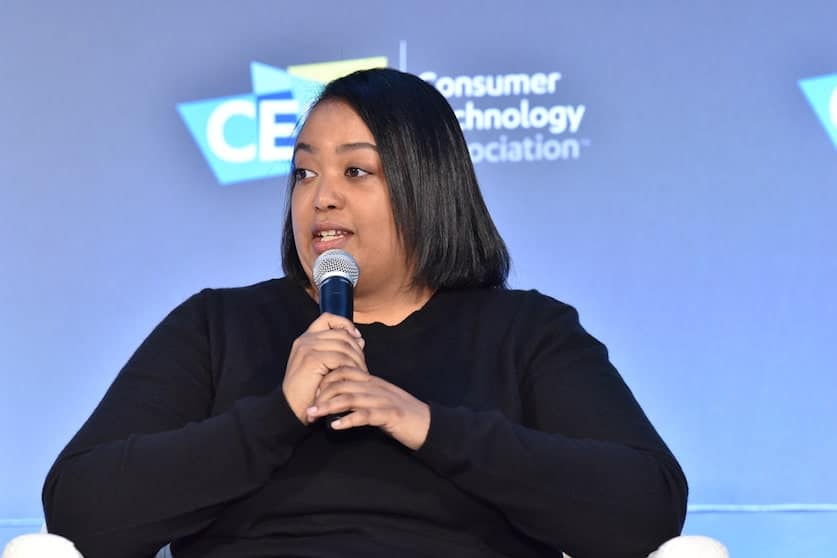
Arlan Hamilton Talks Disruption alongside other Innovators at CES 2019
January 17, 2019
Stars Grace Red Carpet for 20th Annual Super Bowl Gospel Celebration
February 1, 2019Last year I didn’t make it to CES. I remember saying to myself somehow I will attend in 2019. Then totally out of the blue, I received a personal invitation to join the CES Conference Advisory Board alongside editors and media heavyweights from Engadget, USA Today, and TechCrunch, among others.
The wonderful thing about this opportunity is that we got to propose conference tracks and recommend speakers. Needless to say, I dived into my burgeoning contacts book to suggest top-notch diverse experts to participate in the largest tech event on the planet.
Still, having space to create a session within the artificial intelligence (AI) track around bias was the icing on the cake. Not only was I given a chance to moderate the panel, but I was also afforded the privilege of selecting the panelists.
We need to move past tech conferences where there isn’t a single woman or person of color presenting. Working on this project, I unearthed several diverse AI experts who would easily have flourished in the CES spotlight. Some couldn’t attend because of conflicting schedules. In the end, we curated a panel of dynamic speakers comprising Priyanka Jain, Head of Product at Pymetrics; Elizabeth Gore, President of Hello Alice; and finally Atlanta’s very own Tanya Sam, Director of Operations & Innovation Partnership at Techsquare Labs.
I facilitated a robust, intelligent discussion that was well received by attendees. I can’t tell you how many people came up to me to say how much they enjoyed the dialogue. Honestly, I think we added a little extra glamour to CES.
AI Is Revolutionizing Every Area Of Our Lives
Still, the impact of AI goes way beyond any tech conference. Artificial Intelligence isn’t some lofty futurist concept: it’s real life happening right now. AI will almost certainly revolutionize every area of our lives. Already, machine-learning algorithms are used in recruitment, financial services, facial recognition, and the criminal justice system, alongside other fields.
During my research, I stumbled across a brilliant young MIT Media Lab researcher. Joy Buolamwini, who describes herself as a digital activist, is shaking up the sector with uncompromising research highlighting the shortcomings of machine-learning algorithms.
Much of her work centers on gender and racial bias in commercial facial recognition software. Worryingly, some of her studies show that AI accuracy rates can fail spectacularly, especially for dark-skinned women. In fact, her 2018 paper, Gender Shades: Intersectional Accuracy Disparities in Commercial Gender Classification prompted a response from IBM, who subsequently improved their software.
“If the training sets aren’t really that diverse, any face that deviates too much from the established norm will be harder to detect, which is what was happening to me,” says Algorithmic Justice League founder Buolamwini. “Training sets don’t just materialize out of nowhere. We actually can create them. So there’s an opportunity to create full-spectrum training sets that reflect a richer portrait of humanity.”
The stakes are high. What happens if AI-generated bias incorrectly identifies an innocent person that subsequently leads to a stint in jail? Another potential flaw is that predictive algorithms are driven by artificial intelligence trained on historical crime data.
In summary, AI truly has the potential to improve every aspect of our lives but its painfully obvious that at this moment in time there are shortcomings that still need to be addressed.
Follow Kunbi Tinuoye on Twitter at @Kunbiti


